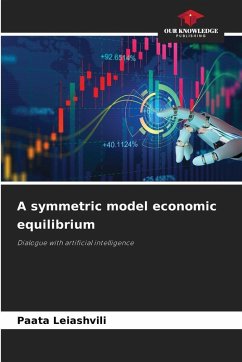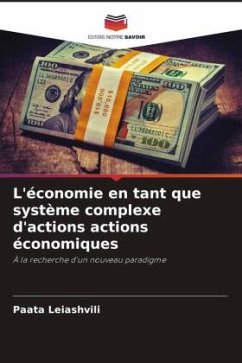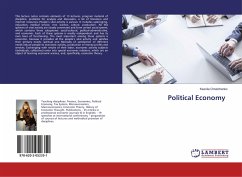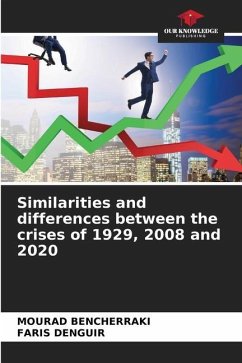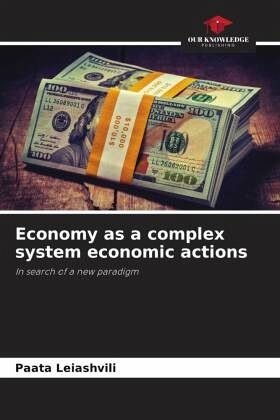
Economy as a complex system economic actions
In search of a new paradigm
Versandkostenfrei!
Versandfertig in 6-10 Tagen
59,99 €
inkl. MwSt.

PAYBACK Punkte
30 °P sammeln!
Based on the dialectical analysis of expedient activity, the market economy is presented as a complex nonlinear system organized according to the network principle, like many other systems of animate and inanimate nature. The economy in a specific form manifests the universal laws of the universe, which are studied by synergetics. This allows us to see many known phenomena of economics in an unusual light and to discover in them what cannot be discovered by standard methods of orthodox theory. The monograph presents a system of concepts, on the basis of which a fundamentally new interpretation...
Based on the dialectical analysis of expedient activity, the market economy is presented as a complex nonlinear system organized according to the network principle, like many other systems of animate and inanimate nature. The economy in a specific form manifests the universal laws of the universe, which are studied by synergetics. This allows us to see many known phenomena of economics in an unusual light and to discover in them what cannot be discovered by standard methods of orthodox theory. The monograph presents a system of concepts, on the basis of which a fundamentally new interpretation is given of how the market economy functions and how it develops, starting from its inception and up to the present time. It is shown that the external chaos of economic life hides behind the ordered, deep structures that provide self-regulation of a competitive market economy. Like all living systems, the economy evolves, resulting in monopolization and financialization of the economy. Over time, this leads to the loss of its ability to self-regulate. The role of centralization increases. It becomes necessary to search for methods to regulate the very processes of self-regulation.



